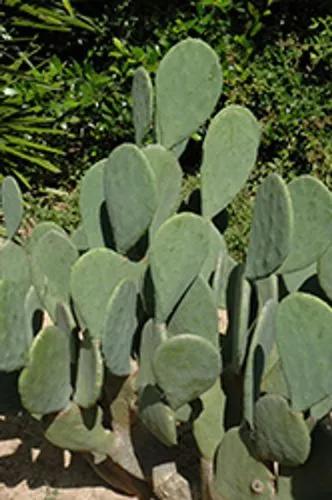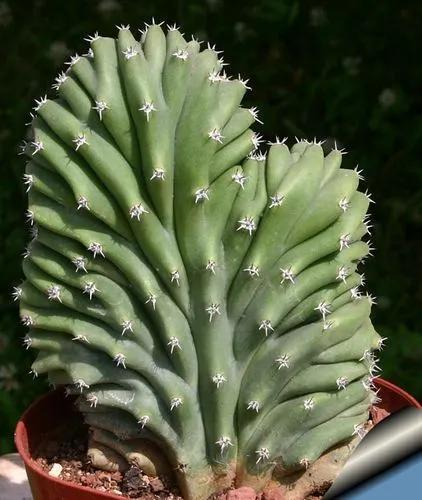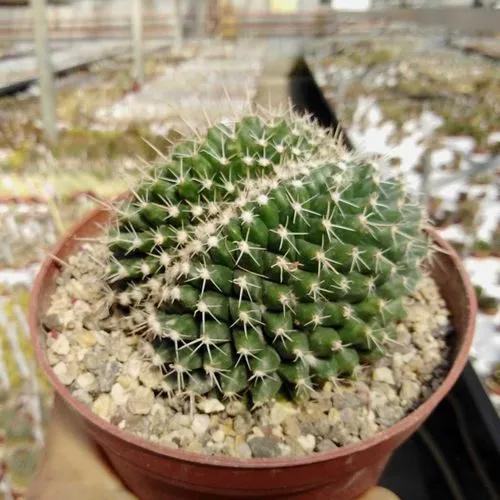This succulent resembles the head of Medusa, with many serpent-like stems arising from a short, central caudex. They sometimes exceed 1 metre in diameter, partly buried in the ground, covered with numerous crowded branches. Euphorbia caput-medusae was introduced to the Netherlands around 1700 and was one of the early plants described by Linnaeus.
Euphorbia Caput Medusa Care
Euphorbia Caput-medusae



How to Care for the Plant

Water

Although Medusa’s Head is drought tolerant, the plant benefits from regular moisture during summer and won’t tolerant long periods of drought. In general, one watering every week or so is enough.

Fertilizer

Fertilize the plant monthly during spring and summer, using a water-soluble fertilizer mixed to half strength.

Sunlight

Euphorbia requires at least six hours of direct sunlight per day and tolerates temperatures in the low 90s (33-35 C.)

Soil

Be sure the soil drains well and never allow the soil to become waterlogged.

Container

This fascinating plant also does well in pots, but requires a well-drained potting mix such as a mixture of pumice, coarse sand and potting soil.

Popularity

63 people already have this plant 2 people have added this plant to their wishlists
Discover more plants with the list below
Popular articles






